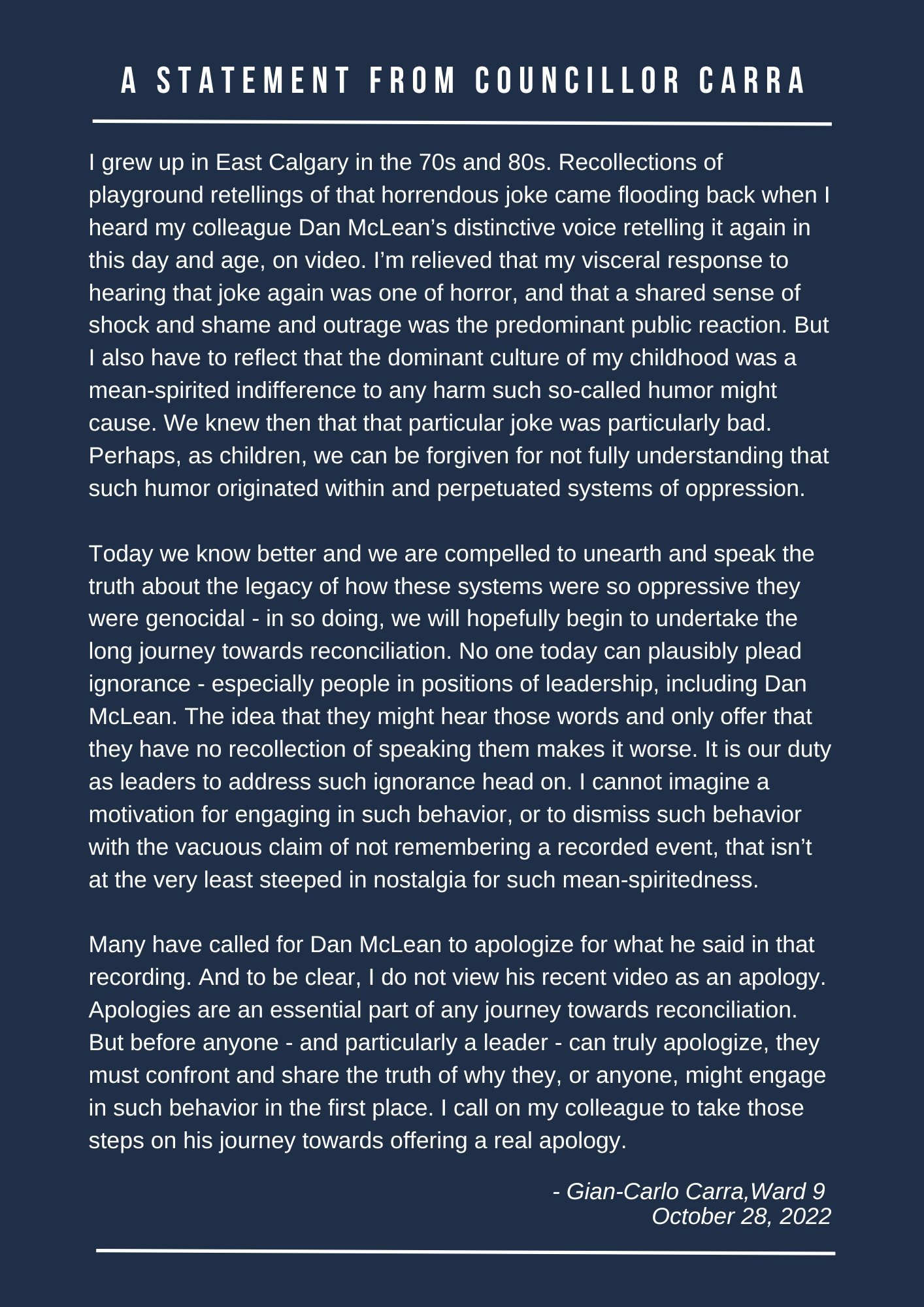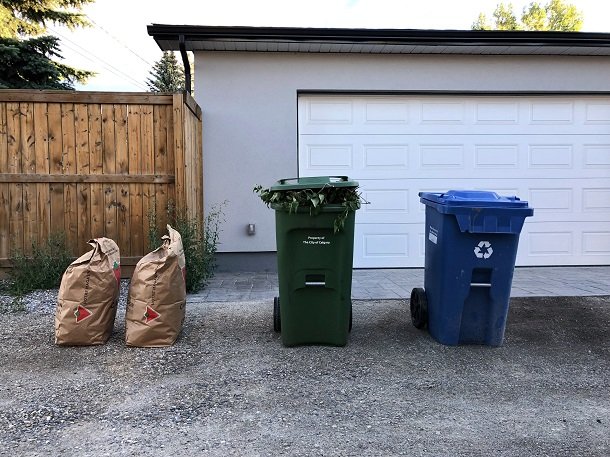I grew up in East Calgary in the 70s and 80s. Recollections of playground retellings of that horrendous joke came flooding back when I heard my colleague Dan McLean’s distinctive voice retelling it again in this day and age, on video. I’m relieved that my visceral response to hearing that joke again was one of horror, and that a shared sense of shock and shame and outrage was the predominant public reaction. But I also have to reflect that the dominant culture of my childhood was a mean-spirited indifference to any harm such so-called humor might cause. We knew then that that particular joke was particularly bad. Perhaps, as children, we can be forgiven for not fully understanding that such humor originated within and perpetuated systems of oppression.
Today we know better and we are compelled to unearth and speak the truth about the legacy of how these systems were so oppressive they were genocidal - in so doing, we will hopefully begin to undertake the long journey towards reconciliation. No one today can plausibly plead ignorance - especially people in positions of leadership, including Dan McLean. The idea that they might hear those words and only offer that they have no recollection of speaking them makes it worse. It is our duty as leaders to address such ignorance head on. I cannot imagine a motivation for engaging in such behavior, or to dismiss such behavior with the vacuous claim of not remembering a recorded event, that isn’t at the very least steeped in nostalgia for such mean-spiritedness.
Many have called for Dan McLean to apologize for what he said in that recording. And to be clear, I do not view his recent video as an apology. Apologies are an essential part of any journey towards reconciliation. But before anyone - and particularly a leader - can truly apologize, they must confront and share the truth of why they, or anyone, might engage in such behavior in the first place. I call on my colleague to take those steps on his journey towards offering a real apology.



















